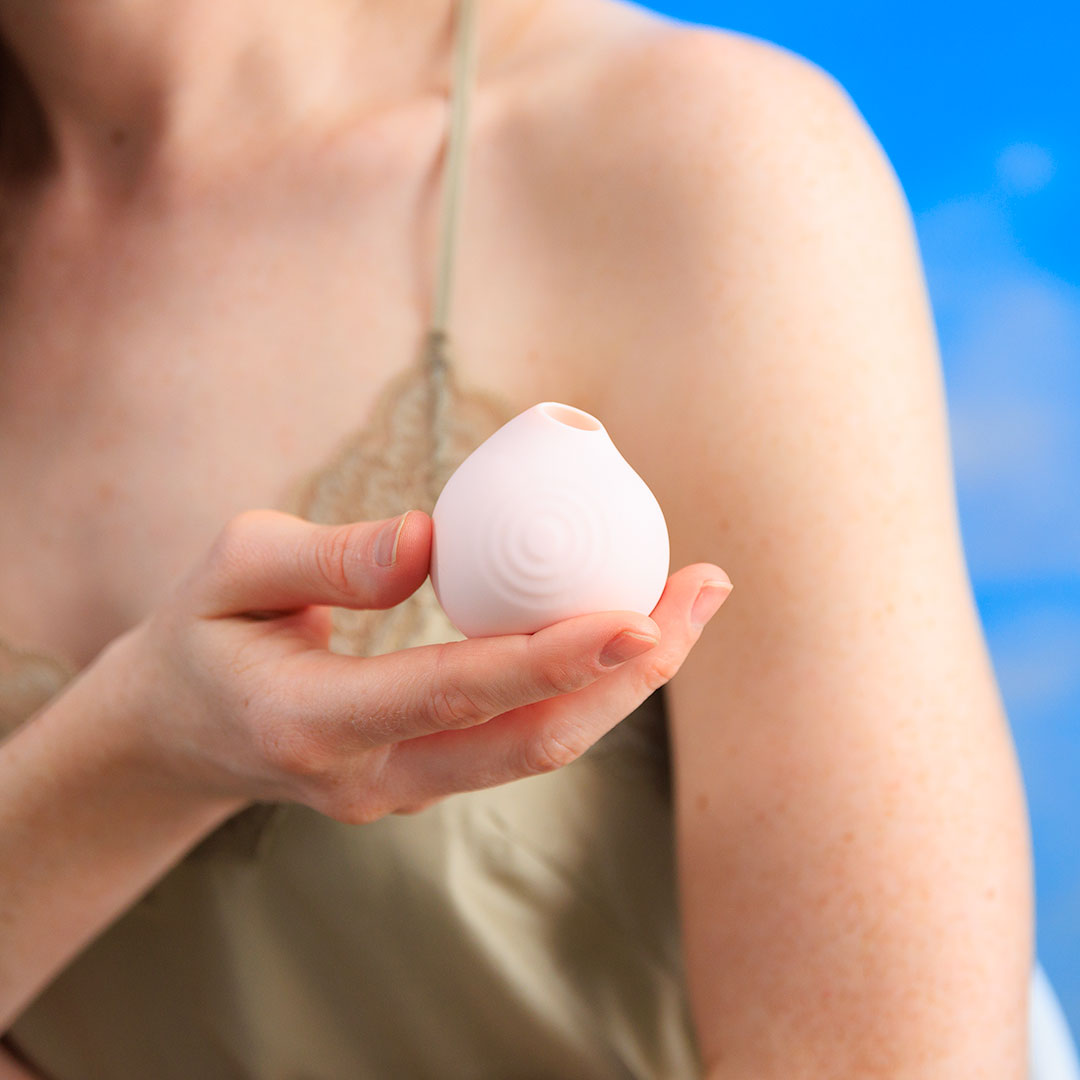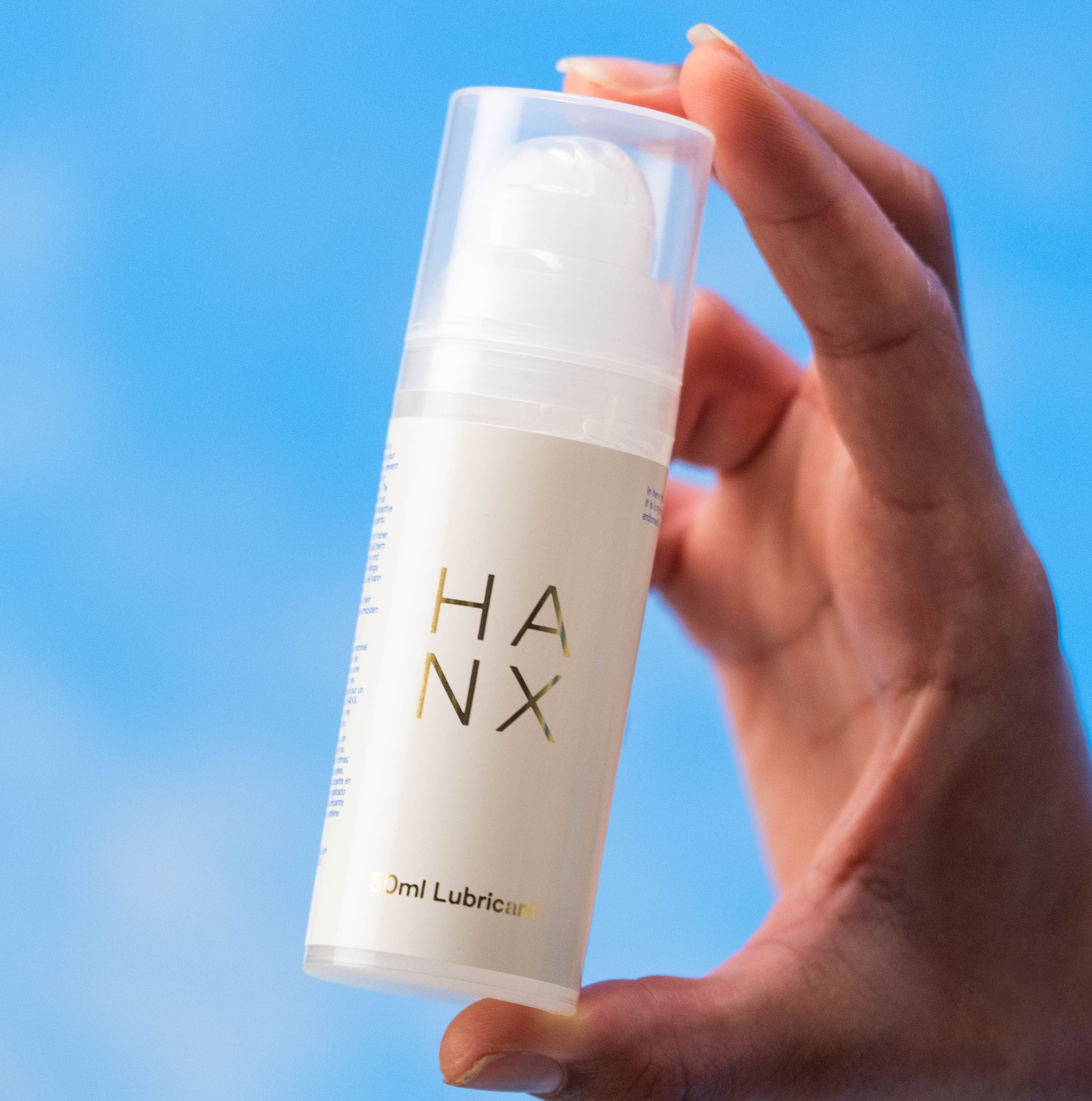Which Combined Oral Contraceptive Pill Is Right For Me?
So, you've had a front row seat at the biology class we all should have had. Now it's time to choose your Combined Oral Contraceptive Pill.
Get your glasses on and prepare to embrace a lot of medical sounding pill names and hormones, as we deep dive into all the different types of COCP offered via our HANX Fix:Pill service. We have a grand total of 26 different combined oral contraceptive pills available - so where to start?
Getting Started with the COCP
1. The first thing to consider, and to put your mind at ease, is the safety and reliability of the pills we offer. All are medically approved and safe to use, so rest assured we wouldn’t prescribe you a pill that is not fit for purpose. It’s worth noting the risk of breast cancer is very slightly increased on the pill, resulting in an extra 1.5 women in every 10,000 women getting breast cancer. This risk reduces once stopping the COCP, and at the same time, the pill protects against endometrial, colon and ovarian cancers.2. A major consideration of the combined pills is the oestrogen levels in the pill. Oestrogen is the hormone in COCPs that contributes to the risk of clots in the legs, lungs or brain (known as venous-thromboembolism or VTE risk in medical jargon). Check out the table below to review the hormone levels in each pill. Taking the COCP doubles your risk of VTE, but putting this into context, it is still less than the risk of developing VTE in late pregnancy. Therefore, is extremely low, and is even safer than driving your car.
3. COCPs can help greatly with heavy, irregular or painful periods. Any hormonal contraception will affect menstrual bleeding, and more often than not it becomes lighter and more manageable. You can also skip the 7-day break and take pill packets back-to-back, in order to skip a withdrawal bleed. This gives you greater control over when you bleed and how often. Please remember that the first 3-months starting a new pill can cause some irregular bleeding or spotting so bear with this until your body gets used to the pills and you get into a routine. If erratic bleeding continues or you’re worried about anything, see your GP. Things to look out for on the pill list is pills containing higher doses of oestrogen, as this will help bleeding, and the ones with the lowest hormone dose will not be as good at managing any heavy, painful or irregular bleeding.
4. Many COCPs often help improve acne. They do this by reducing the androgen hormones in the body, which contribute to causing acne in many people. One of the main causes of acne is due to the male sex hormone androgen. Some contraceptive pills help prevent acne because they include the female sex hormones oestrogen and progestin. It’s important to note that there are also many non-hormonal treatments which can help treat acne, many of which are prescribed before the contraceptive pill, due to having fewer side effects. Medical studies have shown that contraceptive pills are able to improve both inflammatory and non-inflammatory acne. It’s likely they will show visible results after having taken the pills for a few months. Certain pills that are particularly good at this include pills that contain ethinylestradiol in them, combined with one of the following drugs: levonorgestrel, norethindrone, norgestimate, drospirenone, cyproterone acetate, chlormadinone acetate, dienogest or desogestrel. This includes the majority of the COCPs available at HANX – see the table below for full details.
5. All COCPs help with PMS by supressing hormonal fluctuations throughout the menstrual cycle which often causes PMS symptoms. Some women find using the COCP helps with their PMS symptoms. Newer types of contraceptive pills containing the progestogen called drospirenone have been shown to improve PMS symptoms and are considered as a first-choice treatment as per the guidance from the Royal College of Obstetrics & Gynaecologists. At HANX, these options include Yasmin, Lucette and Eloine. You may be advised to take these pills continuously, without a break, for better control of symptoms. See your GP for more information and advice.
6. COCPs can help with the management of poly cystic ovarian syndrome, PCOS. The contraceptive pill can induce regular periods, which are often irregular with PCOS. They can also help with reducing the long-term risk of developing cancer of the lining of the womb (endometrial cancer) which can be associated with not having regular periods. Other ways COCPs can help people with PCOS includes the excessive hair growth they may experience as a result of PCOS (called hirsutism). Pills that are particularly good for this, which we offer at HANX, include Marvelon and Yasmin.
7. All COCPs can help manage endometriosis, a condition where tissue similar to that of the lining of the womb, starts to grow in other places such as the ovaries and fallopian tubes. Contraceptive pills do this by suppressing your menstrual cycle and slowing endometrial (the lining of your womb) growth. Most women with endometriosis try hormonal contraceptives as the first kind of hormone treatment. COCPs and POPs are both used, as well as other hormonal treatments such as the Mirena coil, injection and hormonal patches. Speak with your doctor for specialist advice on managing your endometriosis.
Ready to order? Get started here.






















